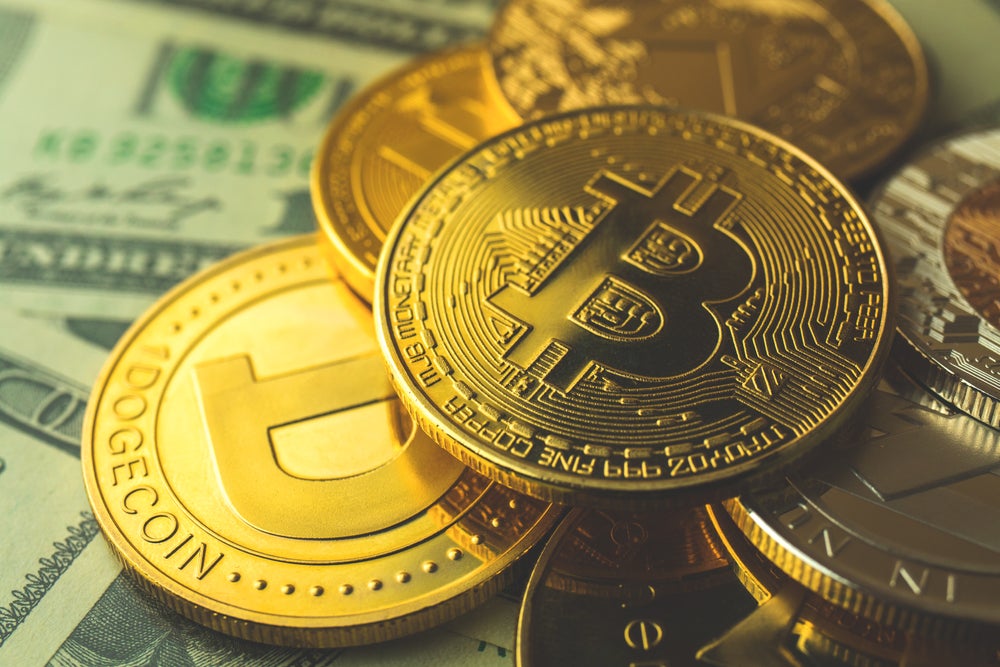Binance, the world's largest cryptocurrency exchange, caused confusion by mistakenly announcing on social media that euro transactions were no longer available, but it was clarified that euro transactions will continue until September 25th with Binance's banking partner in the region. However, the exchange is currently facing legal troubles and difficulties in various countries, making it challenging to find alternatives.
Binance US is reportedly reconsidering its decision to discontinue fiat on- and off-ramp services and is working on integrating new US dollar on-ramp solutions, potentially partnering with payment provider MoonPay to allow users to buy and sell cryptocurrencies in dollars.
Binance Pay has launched in Brazil, partnering with local businesses to accept cryptocurrencies such as SHIB, Bitcoin, and XRP, which has led to increased adoption of these major cryptocurrencies in the country's financial landscape.
Binance, the largest cryptocurrency exchange, has contacted low-liquidity token projects to enhance their liquidity protection by requesting details about their market makers and asking if they would contribute tokens to Binance savings pools.
Visa and Mastercard's decision to reduce their partnerships with Binance, the largest crypto exchange, amid legal challenges is expected but unlikely to impact Binance's market share due to its global reach and liquidity.
Crypto exchange Binance is expanding its zero-fee trading promotion to include Argentine, Brazilian, and South African currency spot trading pairs, allowing users to trade bitcoin, ether, and Tether's USDT stablecoin without paying maker fees.
JPMorgan is developing a blockchain-based solution for cross-border transactions called deposit tokens, which will allow settlements between banks for corporate clients, pending regulatory approval.
India could be one of the fastest-growing markets for JPMorgan in the Asia Pacific region next year, as companies look to diversify their supply chains beyond China and take advantage of India's scale and potential for high-end manufacturing.
Despite the prevalence of private blockchains in the banking sector, the co-founder of Chainlink predicts that public blockchain protocols will ultimately become the biggest market for banks' tokenized real-world assets, as they offer diversified collateral and attractive yields. However, financial institutions in the US may proceed with caution due to regulatory uncertainty. On the other hand, European and Asian banks are progressing in this area, with companies such as Citi and JPMorgan exploring tokenization on public blockchains like Ethereum. Franklin Templeton has also embraced public blockchains, recognizing their cost efficiency and rate of innovation. Interoperability and cross-border liquidity are key considerations for banks as they adopt tokenization and explore ways to move assets across chains.
JP Morgan's blockchain division focuses primarily on tokenized forms of traditional financial instruments rather than cryptocurrencies, with a growing interest in bringing traditional assets onto the blockchain and exploring smart contracts for instantaneous exchange and collateralized borrowing against tokenized treasuries through its Ethereum-based private blockchain, Onyx.
